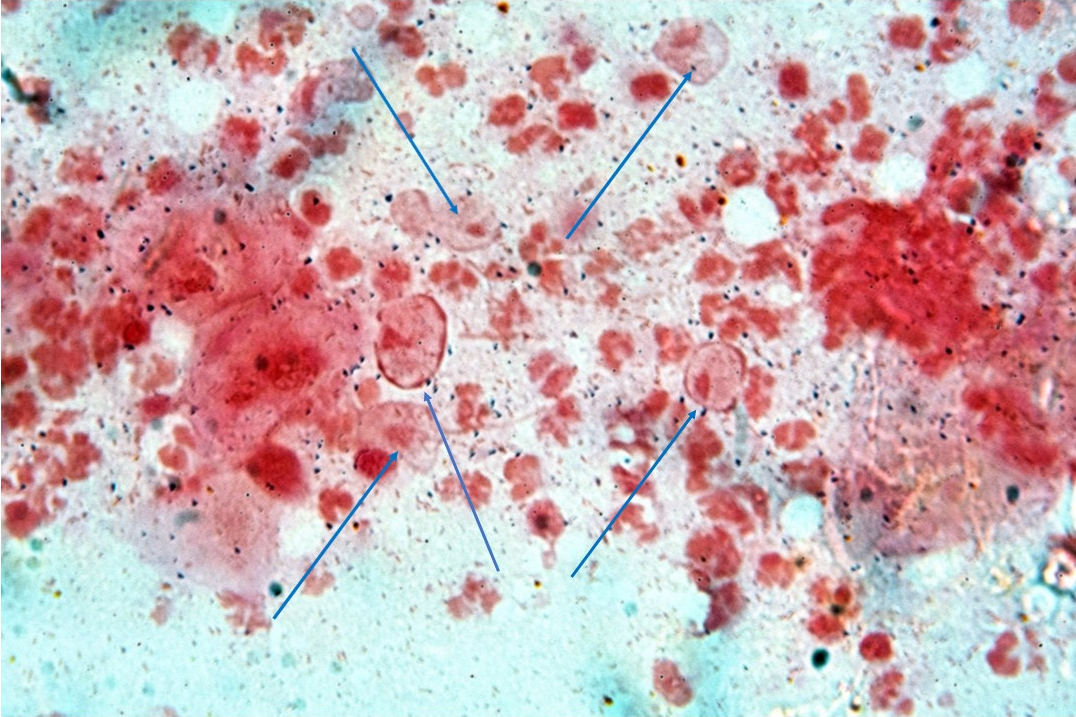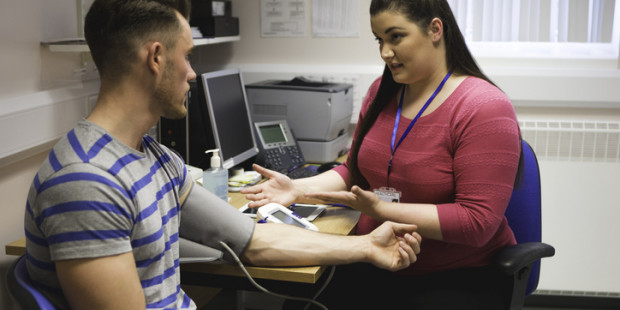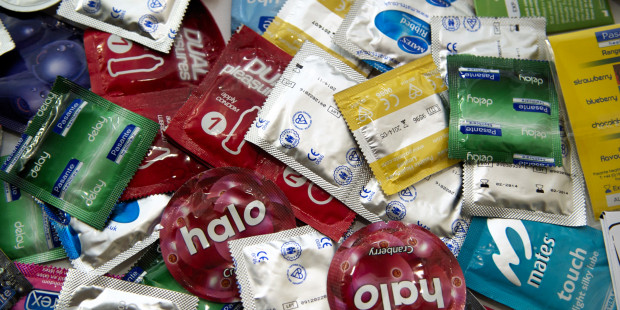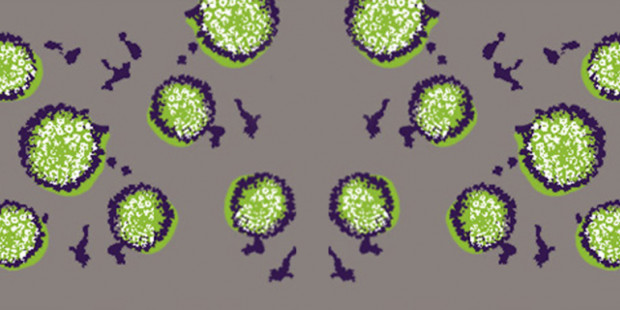
Trichomonas (also known as TV, trichomoniasis or trich) is a common non-viral sexually transmitted infection (STI) caused by a tiny organism called Trichomonas vaginalis. It can infect the vagina/front hole, urethra (tube that urine leaves the body through) or under the foreskin of the penis.
Trichomonas symptoms
Symptoms of trichomoniasis usually develop within a month of infection, but around a half of all people have no symptoms (though they can still pass the infection on to others).
The symptoms of trichomoniasis are similar to those of many other STIs, so it can sometimes be difficult to diagnose.
Trichomonas in the vagina can cause:
- increased vaginal discharge
- an unpleasant vaginal smell
- cystitis like symptoms or pain when urinating
- vulval itching or soreness
- pain in the vagina during sex
- In the penis, it can cause:
- discharge from the tip
- pain when urinating
- increased need to urinate
- rarely soreness and redness around foreskin
How it's passed on
Trichomonas is easily passed from one person to another through sexual contact when condoms are not used.
It can be passed on by sharing sex toys if you do not wash them or cover them with a new condom.
Trichomonas is not passed on through anal sex, oral sex or from kissing, hugging or general body contact.
You do not have to have many sexual partners to get trichomonas. Anyone who's sexually active can get it and pass it on.
Unlike most STIs, trichomonas is commoner in people over the age of 25.
In England, trichomonas is more often diagnosed in women of Black Caribbean and Black African ethnicity. As trichomonas is in the sexual networks of Black Caribbean and Black African women they are more likely to be exposed to it and pick up the infection.
Reduce the risk of getting trichomonas
Using the external or internal condom cuts the risk of getting trichomonas.
Using water or silicone-based lube with condoms also helps avoid small tears in the skin, which increase the chances of infection.
Cover sex toys with a new condom before using them.
Use a barrier like a dam to lessen the likelihood of transmission when rubbing your vagina/front hole against another person’s vagina/front hole.
Get tested regularly if you are sexually active, have started a new relationship and/or you want to stop using condoms with your partner.
PrEP (HIV pre-exposure prophylaxis) and hormonal contraception such as ‘the pill’ offer no protection against STIs.
Trichomonas and HIV
If you have trichomonas, you may be more likely to become infected with HIV if you have sex with someone who’s HIV positive and not on effective treatment. Research in women suggests that a trichomonas infection increases the likelihood of acquiring HIV.
If you’re living with HIV and have trichomonas and are not on effective treatment then you are more likely to pass on both trichomonas and HIV to a sexual partner.
If you or your sexual partner are on effective treatment and have an undetectable viral load, then you can’t pass on HIV even if you or your partner has trichomonas.
Trichomonas tests and treatment
You can get tested for trichomonas at a sexual health clinic, or by using an online testing service that you may have to pay for.
If you have a vagina/front hole, a doctor or nurse may take a swab from the vagina/front hole during an internal examination or you may be asked to use a swab yourself.
If you have a penis, a doctor or nurse may use a swab to collect a sample from the entrance to the urethra (tube that carries urine out the body) at the tip of the penis.
You may be asked for a urine sample to test.
Trichomonas is easily treated with a course of antibiotics, usually seven days of metronidazole (MTZ) twice a day.
Sometimes this antibiotic can be prescribed in a single, large dose. However, this may have a higher risk of side effects and it's not recommended for pregnant or breastfeeding women as a precaution.
Occasionally a second course of antibiotics is needed if your symptoms don’t go away.
It's important to complete the whole course of antibiotics and avoid having sex until the infection clears up to prevent reinfection. You should not have sex (even with a condom) until one week after both you and your partner have finished your treatment.
It’s very important to note that you cannot drink alcohol while taking MTZ and for at least 24 to 48 hours after completing the treatment.
Your current sexual partner and any other recent partners should also be tested and treated if needed.
Untreated trichomonas
Untreated trichomonas can lead to complications in pregnancy, possibly leading to a premature birth or low birth weight for the baby.
Trichomonas treatment with standard metronidazole (seven-day course) is safe in pregnancy and while breast feeding.
Further support
We can provide emotional support if you are worried about your sexual health or have concerns about living with HIV. We can help you access services local to you across the UK, whether provided by us or by someone else.
Call THT Direct on 0808 802 1221 for support, advice and information or email [email protected].







